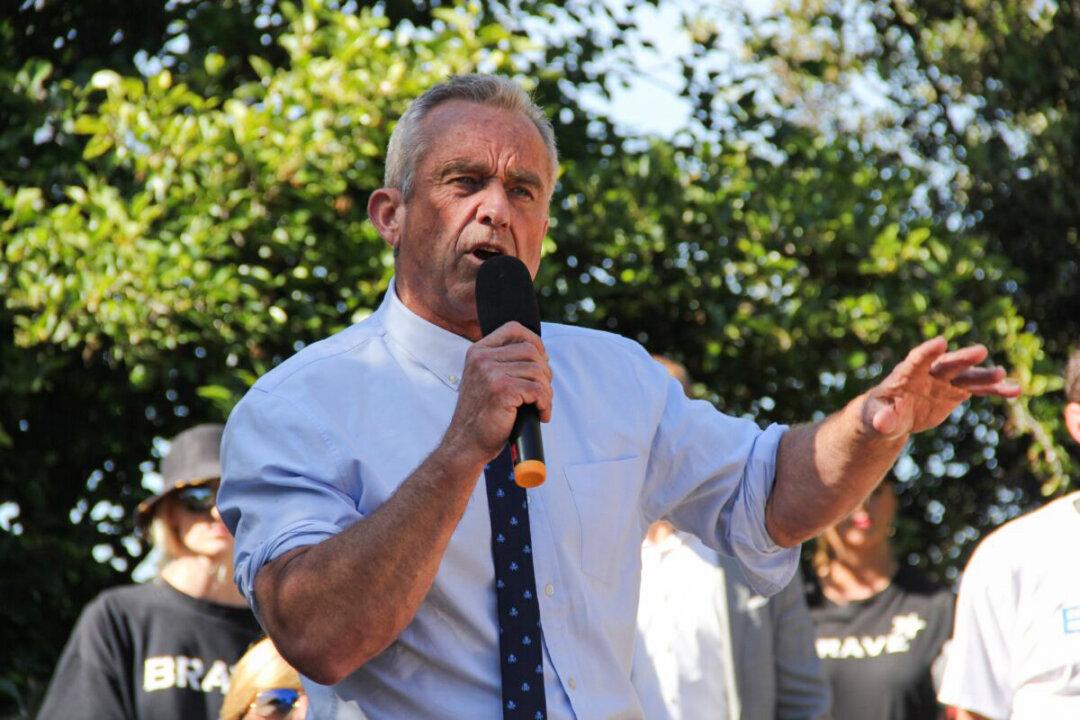When the COVID-19 pandemic hit, the key element of the response to the pandemic in America was to essentially take away the Bill of Rights, says Robert F. Kennedy, Jr., calling it a “coup d’etat against democracy by the military-medical-industrial complex.”
At that time, the government began censoring speech for the first time in American history, thus infringing on the First Amendment to the Constitution, Kennedy said in a recent interview on EpochTV’s “American Thought Leaders” program.






